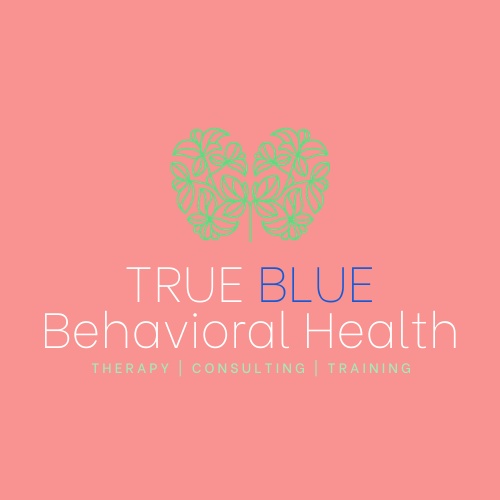Our clients utilize insurances or self-pay to obtain services. Below are our self pay rates. These rates adhere to the Good Faith Estimate of the amounts private pay patients will pay as required by the Consolidated Appropriations Act and No Surprises Act.
Services Rendered by Psychotherapists:
– 90791 – Psychiatric Diagnostic Evaluation (Intake)………………….$205
– 90832 – Individual Psychotherapy (30 minutes)……………………….$105
– 90834 – Individual Psychotherapy (45 minutes)……………………….$155
– 90837 – Individual Psychotherapy (53+ minutes)……………………..$180
– 90839 – Same Day Crisis Appt. (60 minutes)………………………………$180
– 90846 – Family/Couples Psychotherapy (w/o Patient) ………….$180
– 90847 – Family/Couples Psychotherapy (w/Patient) ……………..$205
– 90849 – Multi-Family Group Psychotherapy (75 minutes)…..$100
– 90853 – Group Psychoeducation (60 minutes)………………………….$50
– 90853 – Group Psychotherapy (60 minutes)……………………………….$50
– ExtGrp – Group Psychotherapy (60-90 minutes)……………………..$75
– 99354 – 30-74 minute Add-on to Session…………………………………….$50
True Blue Behavioral Health Good Faith Estimate
Beginning January 1, 2022, federal laws regulating client care have been updated to include the “No Surprises” Act. Under the law, healthcare providers need to give patients who don’t have insurance or who are not using insurance an estimate of the bill for medical items and services called a “Good Faith Estimate” (GFE) explaining how much your medical care will cost.
This new regulation is designed to provide transparency to patients regarding their expected medical expenses and to protect them from surprises when they receive their medical bills. It allows patients to understand how much their health care will cost before they receive services.
There are a number of factors that make It challenging to provide an estimate on how long it will take for a client to complete therapeutic treatment, and much depends on the individual client and their goals in seeking therapy. Some clients are satisfied with a reduction in symptoms while others continue longer because it feels beneficial to do so. Others begin to schedule less frequently, and may continue to come in for “tune ups” or when issues arise. Ultimately, as the client, it is your decision when to stop therapy.
Common Diagnosis Codes Below are common diagnosis codes at Rum River Counseling; however, the list is not exhaustive. With that said, diagnosis codes can change based on many factors. Please speak to your therapist with any questions or concerns.
- Adjustment Disorder (F43.23)
- Mental Disorder, Not Otherwise Specified (F99)
- Depression (F32.9)
- Anxiety (F41.1)
- Bipolar (F31.9)
- PTSD/Post Traumatic Stress Disorder (F43.10)
- Your schedule and life circumstances
- Therapist availability
- Ongoing life challenges
- The nature of your specific challenges and how you address them
- Personal finances
You and your therapist will continually assess the appropriate frequency of therapy and will work together to determine when you have met your goals and are ready for discharge and/or a new “Good Faith Estimate” will be issued should your frequency or needs change.
So, it depends on several factors because everyone has unique counseling goals. Like any other relationship, it takes time to develop a therapeutic relationship with your counselor and identify your treatment goals, establish a plan of action, and work towards accomplishing them. Whatever your number of sessions will be, we will work together to meet your needs.
Common Services at True Blue Behavioral Health
- 90791: Intake session ($205)
- 90834: 45 minute psychotherapy session ($155)
- 90846/47: Family/Couples psychotherapy session ($180/$205)
- 90837: 53+ minute extended psychotherapy session ($180)
- 90853: Group therapy session ($50)
Where services will be delivered True Blue Behavioral Health provides services via HIPAA secure/compliant teletherapy.
Good Faith Estimate
90791: Intake session ($205) plus 90834: 45-50 minute psychotherapy session ($155) for 51 weeks: $8,110
90791: Intake session ($205) plus 90847: Family/Couples psychotherapy session ($180) for 51 weeks: $9,385
90791: Intake session ($205) plus 90837: 53+ minute extended psychotherapy session ($180): $9,385
90791: Intake session ($205) plus 90853: Group psychotherapy session ($50) for 51 weeks: $2,755
The above examples are provided to give an idea of the financial expectations for a calendar year. The frequency and duration is dependent on your individual needs and goals.
We look forward to talking with you and answering any questions you may have about the “No Surprises” Act and Good Faith Estimates.



